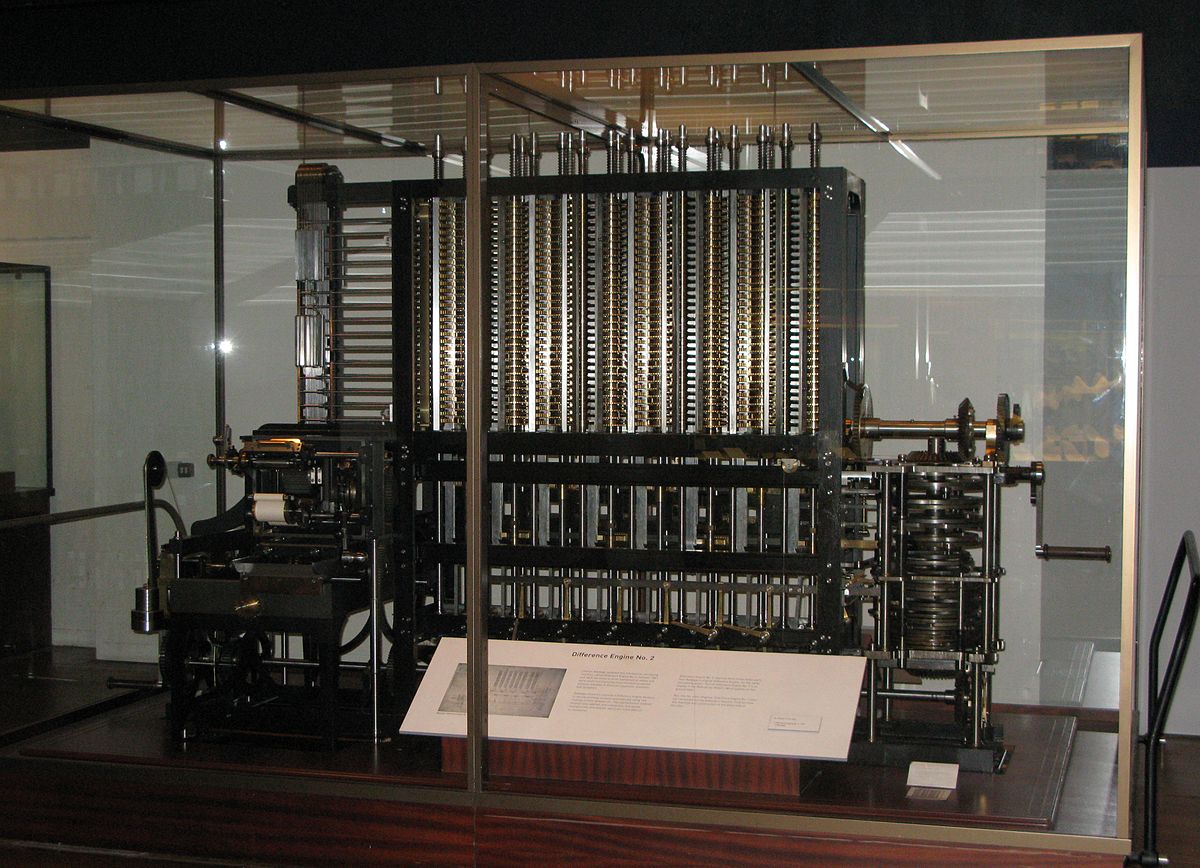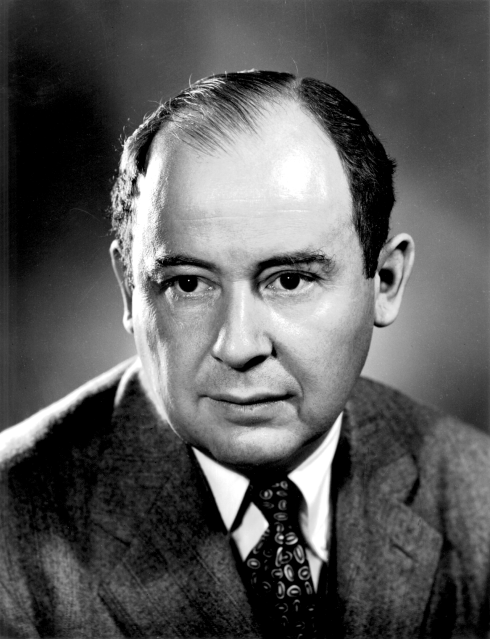I wonder if any 707s are still airworthy?
Also . . . with apologies to my neighbours to the south, GOD SAVE THE QUEEN. Long may she reign.
Also . . . with apologies to my neighbours to the south, GOD SAVE THE QUEEN. Long may she reign.
Never knew that Bob Hope was English.December 20
1192 - Richard the Lionheart is taken prisoner in Erdberg near Vienna by Duke Leopold V of Austria of the Babenberg dynasty. Richard was returning to England from the Third Crusade.
1522 - Suleiman the Magnificent accepts surrender of the surviving Knights of Rhodes (Hospitaller), who are allowed to evacuate. They eventually settle in Malta and become known as the Knights of Malta.
1803 - French flag lowered in New Orleans to mark the formal transfer of the Louisiana Purchase from France to USA for $27 Million.
1917 - The Cheka is formed. The Soviet state security force and forerunner to the KGB is commanded by Felix Dzerzhinsky after decree by Lenin.
1920 - Bob Hope becomes an American citizen.
1946 - The Christmas film classic "It's a Wonderful Life" premieres in New York, directed by Frank Capra, starring James Stewart, Donna Reed and Lionel Barrymore.
2007 - Her Majesty Queen Elizabeth II becomes the oldest ever monarch of the United Kingdom, surpassing Queen Victoria, who lived for 81 years, 7 months and 29 days.
The military still uses 707 variants, like the E-3 Sentry and KC-135 Stratotanker.I wonder if any 707s are still airworthy?
1944 - On December 21, Germans under the command of General Heinrich Von Luttwitz had surrounded the Belgium town of Bastogne, cutting off the 101st Airborne, the 969 Artillery, and Combat Company B, 10th Armor Division. The Allied troops, under the command of General Arthur McAuliffe, had few medical supplies and little food, and were running short of ammunition.
On December 22, Luttwitz sent an ultimatum to McAuliff, demanding surrender or face annihilation. McAulff replied with just one word: Nuts! According to one story, the German who received the message didn't understand the reply and asked the American who delivered it what did it mean. The American told him it meant "Go to ****."
The Allies at Bastogne would hold on, and were relieved by the 3rd Army on December 26, 1944.



